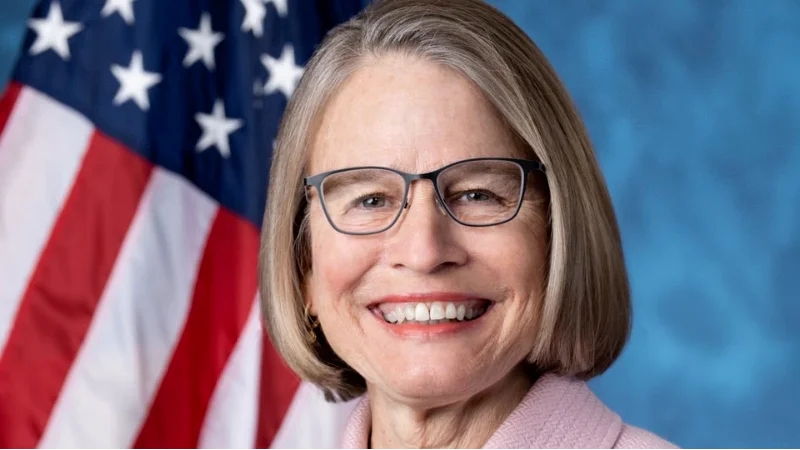Rep. Mariannette Miller-Meeks, U.S. Representative for Iowa's 1st District | Official U.S. House headshot
Rep. Mariannette Miller-Meeks, U.S. Representative for Iowa's 1st District | Official U.S. House headshot
U.S. Representative Mariannette Miller-Meeks has spearheaded an effort with 232 bipartisan House members to address a looming reduction in Medicare reimbursement for physicians. The group has urged House Speaker Mike Johnson and Minority Leader Hakeem Jeffries to take action before the 118th Congress concludes, aiming to prevent a 2.8% cut scheduled for 2025. This proposed reduction could significantly impact patient care, particularly in rural areas, and exacerbate existing provider burnout.
"As a Physician, I am thrilled to lead more than 200 bipartisan House members in urging leadership on both sides to address the proposed doc reimbursement cuts," stated Miller-Meeks. She emphasized the importance of preserving patient access to quality care and expressed her commitment to advocating for better health access and outcomes for Americans.
The American Medical Association (AMA) President Bruce A. Scott also voiced support for this initiative, acknowledging the majority of House members who cosigned a letter to halt what he termed an "unsustainable onslaught of annual cuts." He praised Representatives Miller-Meeks and Jimmy Panetta for their leadership.
The American Medical Group Association (AMGA) President Jerry Penso applauded efforts by multiple representatives who garnered support from over 200 House members to avert these Medicare Part B payment cuts set for January. He highlighted the need for congressional intervention so that AMGA members can prioritize community health over cost reductions.
The letter sent by the bipartisan group underscores concerns about the proposed rule from the Centers for Medicare & Medicaid Services (CMS), which would reduce payments by 2.8% starting January 1, 2025, without legislative intervention. It argues that continued payment cuts undermine clinical practices' ability to serve communities, particularly in rural areas, thus threatening patient access to care.
The letter calls for legislative solutions providing permanent relief from issues within the Medicare payment system. These include proposals such as an annual inflationary update equivalent to the Medicare Economic Index (MEI) and reforms related to budget neutrality requirements.
Given these challenges facing healthcare providers due to rising costs and impending reimbursement reductions, bipartisan lawmakers are seeking immediate action from Congressional Leadership before year-end.




 Alerts Sign-up
Alerts Sign-up